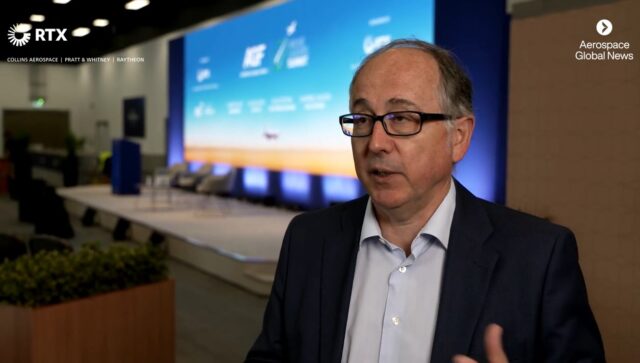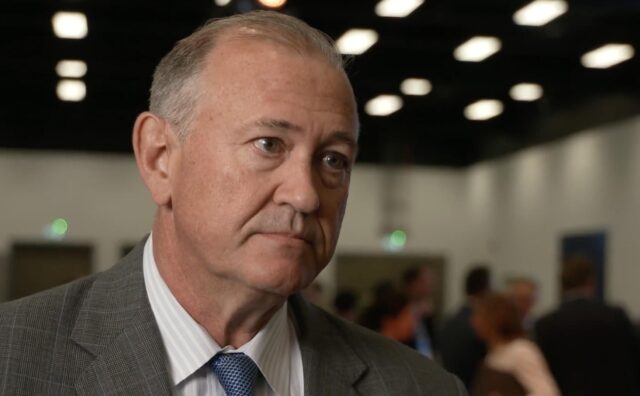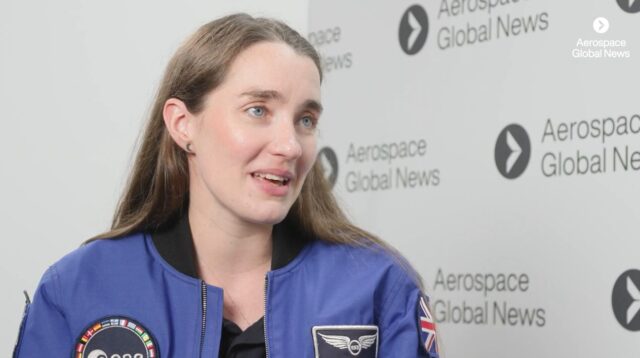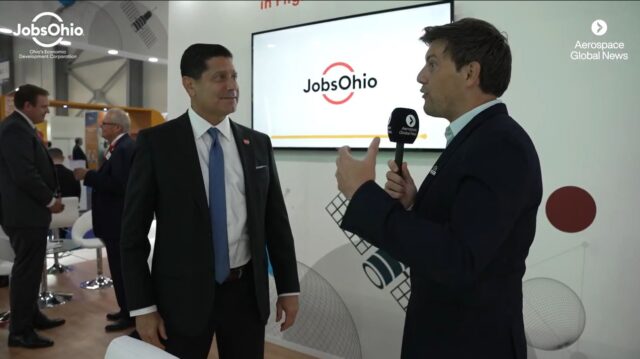Driving sustainability is central to Boeing’s growth strategy
Boeing is demonstrating its commitment to decarbonising operations as it showcases its Cascade Climate Impact Model.
The dynamic modelling tool has been designed to analyse strategies and scenarios to reduce aviation’s emissions through 2050.
“Cascade is core to everything we do,” said Steven Gillard, Boeing’s regional director, UK, Middle East and international defence sustainability. “It enables users to plot their own route to net zero by 2050 and to understand what technology is required to get there.”
Further underlining how Boeing is joining others at the forefront of sustainable aviation and reducing emissions through electric-powered flight, Gillard pointed to Wisk’s Gen 6 aircraft, which the Boeing-owned subsidiary is demonstrating at this year’s airshow. “It’s a really interesting development in terms of autonomy and electric propulsion.”
In response to how the wider industry is addressing sustainability challenges, Gillard said: “I wouldn’t really see challenges. I see opportunities in the potential for developments that are happening at the moment around us. He also noted “we really want to bring finance into sustainable aviation fuels sector, so, we’re looking at how we can actually enable that and we’re working closely with governments around the world to establish what policies will actually work.”
Referencing the recent King’s speech, which underlined the government’s commitment to a revenue certainty mechanism to scale SAF production in the UK and the clarity it offers around mandates, he concluded: “We’re seeing huge progress here in the UK and we’re keen to support our partners around the world too.”



